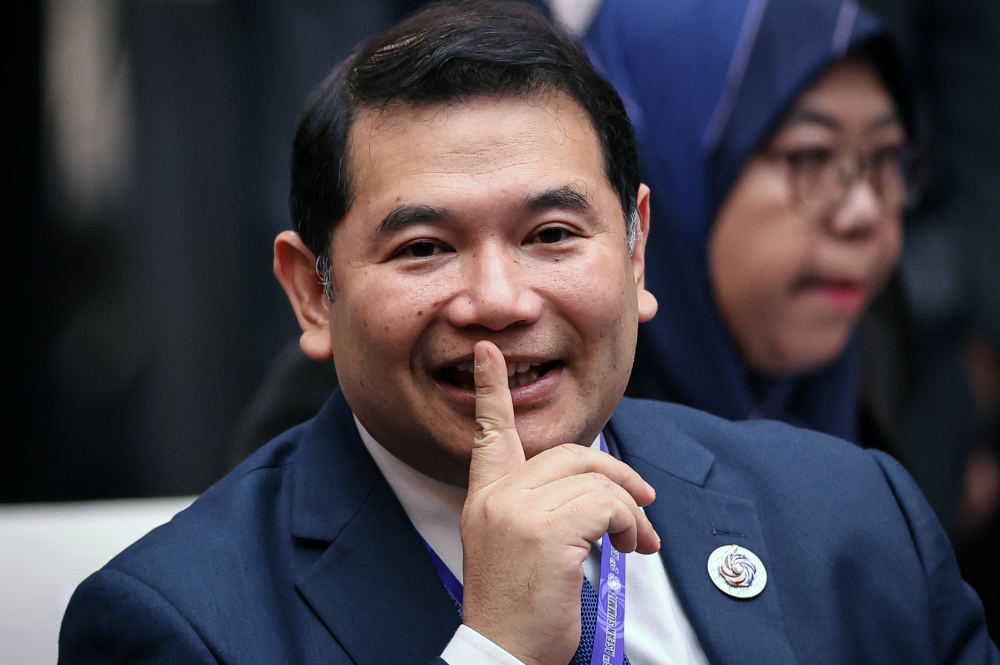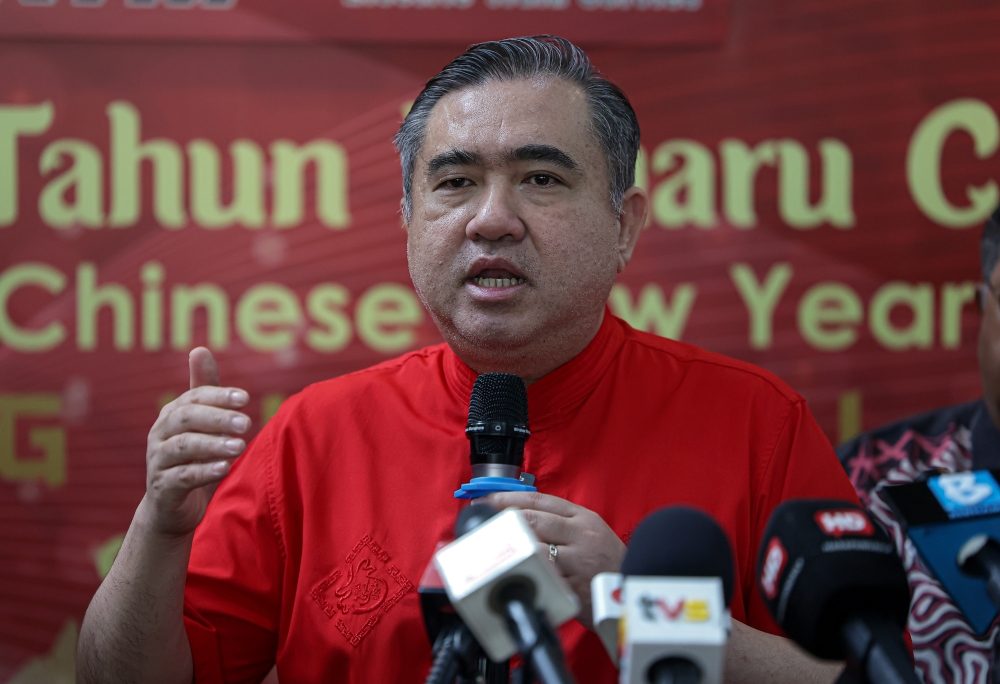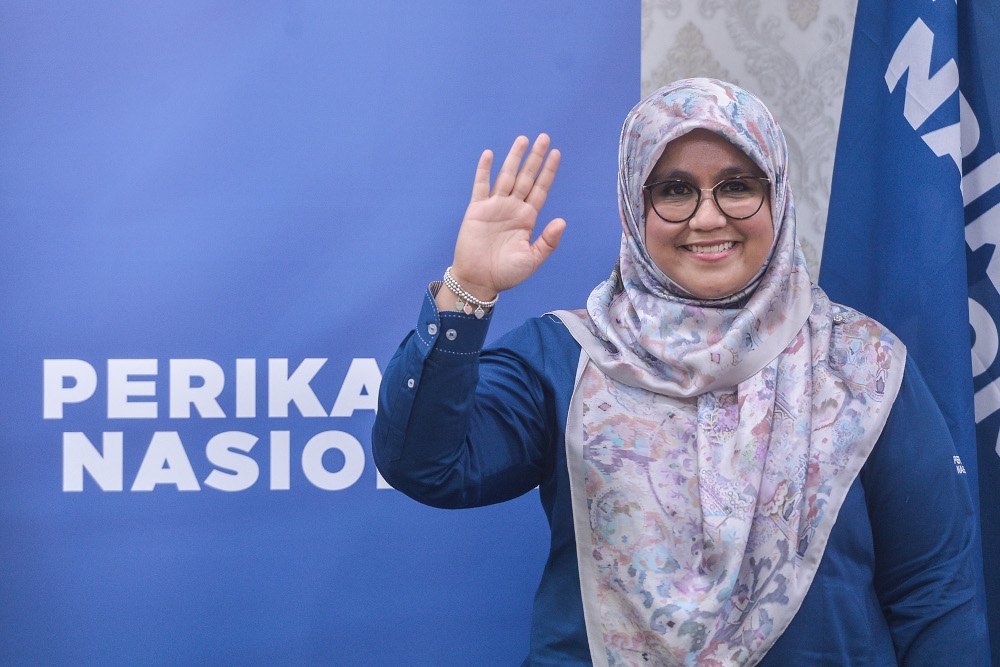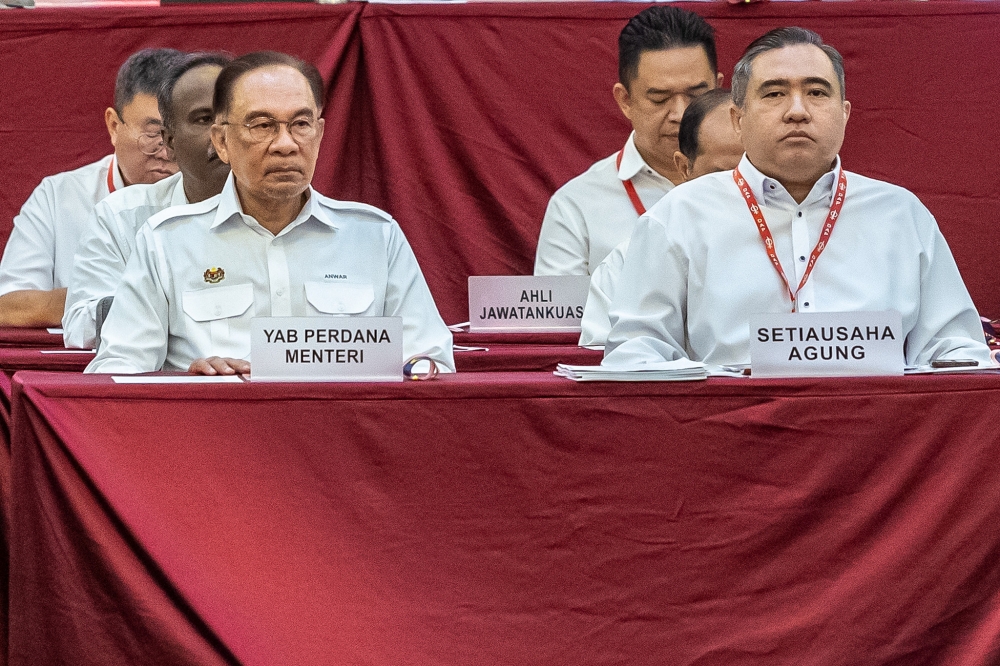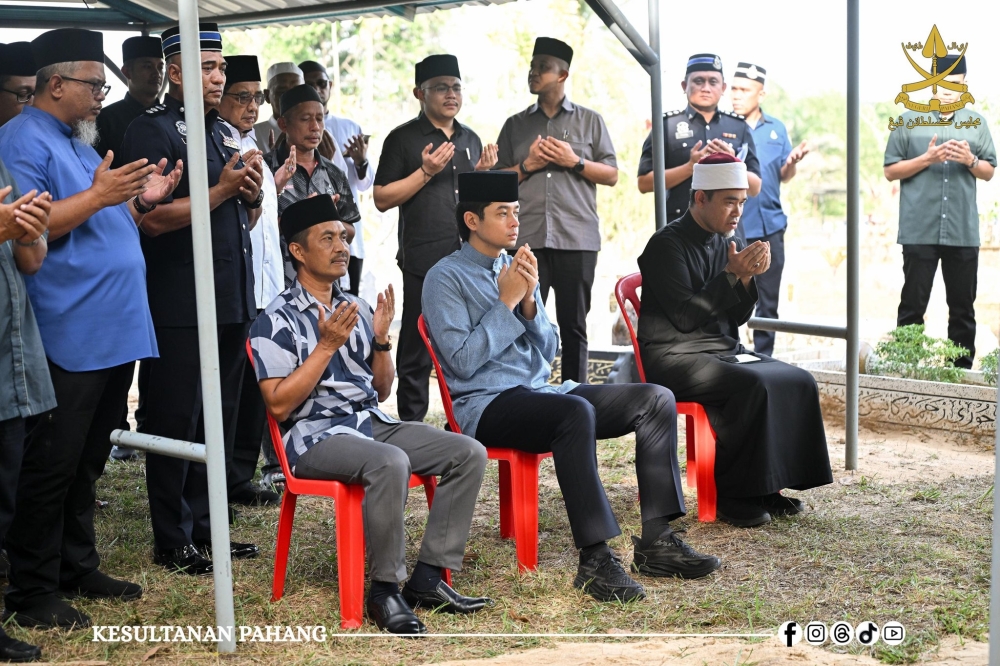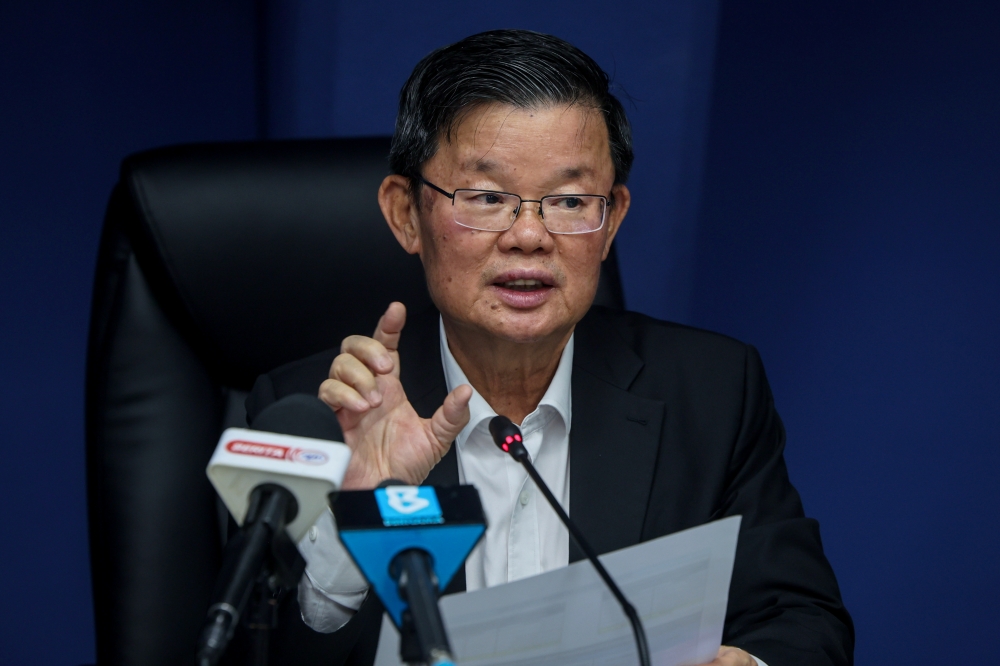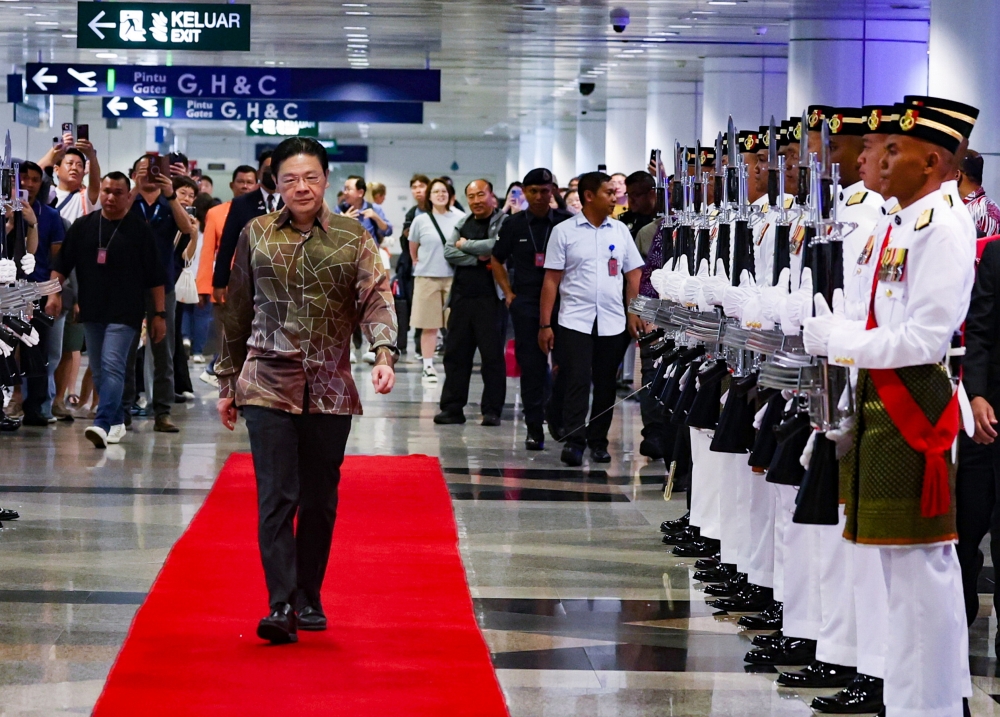KUALA LUMPUR, Sept 10 — The Defence Ministry is undergoing changes listed in a White Paper that will fundamentally alter its operations and procurement, said Deputy Defence Minister Liew Chin Tong.
In an exclusive interview with the New Straits Times, he said one of the changes include ensuring big-ticket defence procurement programmes will no longer be vendor-driven.
In its place, weapons system acquisition programmes and the like will be purely on a needs basis of the Armed Forces’ three branches, via a careful and thorough demonstration/evaluation phase.
“If you look back at under the previous government, quite a number of these big-ticket defence projects were vendor-driven, often against the end-user’s advice, and sometimes against our strategic interests,” Liew said.
He cited building military camps for votes and land swaps where such camps in urban centres were moved to far-flung places as notable examples.
“Among the battlespace that our forces may see engagement in the future, apart from the maritime domain is in the urban centres. We have to be prepared to conduct operations in an urban environment.
“But if you take away military camps from urban centres and put them in far-flung places, your ability to respond to any given scenario quickly and effectively will be degraded, and your reaction time will be compromised,” Liew said.
The interview also talked about the ministry’s shrinking budget over the years, especially in relation to the Governance, Procurement, and Finance Investigating Committee’s (GPFIC) report.
The committee discovered, among others, that the ministry’s losses in land deals involving over 1,180 hectares of land exceeded RM500 million, and that several projects were implemented without taking into account views and input from other key government agencies.
“Once you have the revelations from the GPFIC, you have no choice but to deal with the issues and past legacies, which will then allow you to hopefully chart the future through the DWP,” he said.
In the 2019 Budget, RM30.9 billion was allocated to both the Defence and Home ministries, with Defence getting RM15.3 billion.
Of this sum, RM13 billion was earmarked as operating expenditure, an increase compared to 2018’s figure of RM12.2 billion. Development expenditure also rose to RM3.65 billion, compared to RM3.29 in 2018.
The ministry’s allocation is a year-on-year decline of 10 per cent, and the overall reduction in defence spending means that its expenditure has declined to its lowest level as a share of the government budget since the 1980’s.
This marks the latest in a series of military spending cuts in Malaysia, as successive governments pursued a strategy of fiscal consolidation to reign in the country’s budget deficit, and reducing sovereign debt.
The DWP is thus formulated and drafted with the notion of examining novel solutions and best practices to pulp gaps and overcome any defence need shortfalls, especially with limited resources and funding.
“The DWP team consists of members from the armed forces, ministry civilian analysts, and university and academia strategic thinkers. The paper also consulted other countries and listened to their experiences.
“I think we have to be clear of our expectations. The DWP is not to answer all the questions, as its purpose is to ask all the relevant questions for the next decade,” Liew said, adding it would be good if the questions can be framed properly, with resources provided and a consensus met for everybody.

